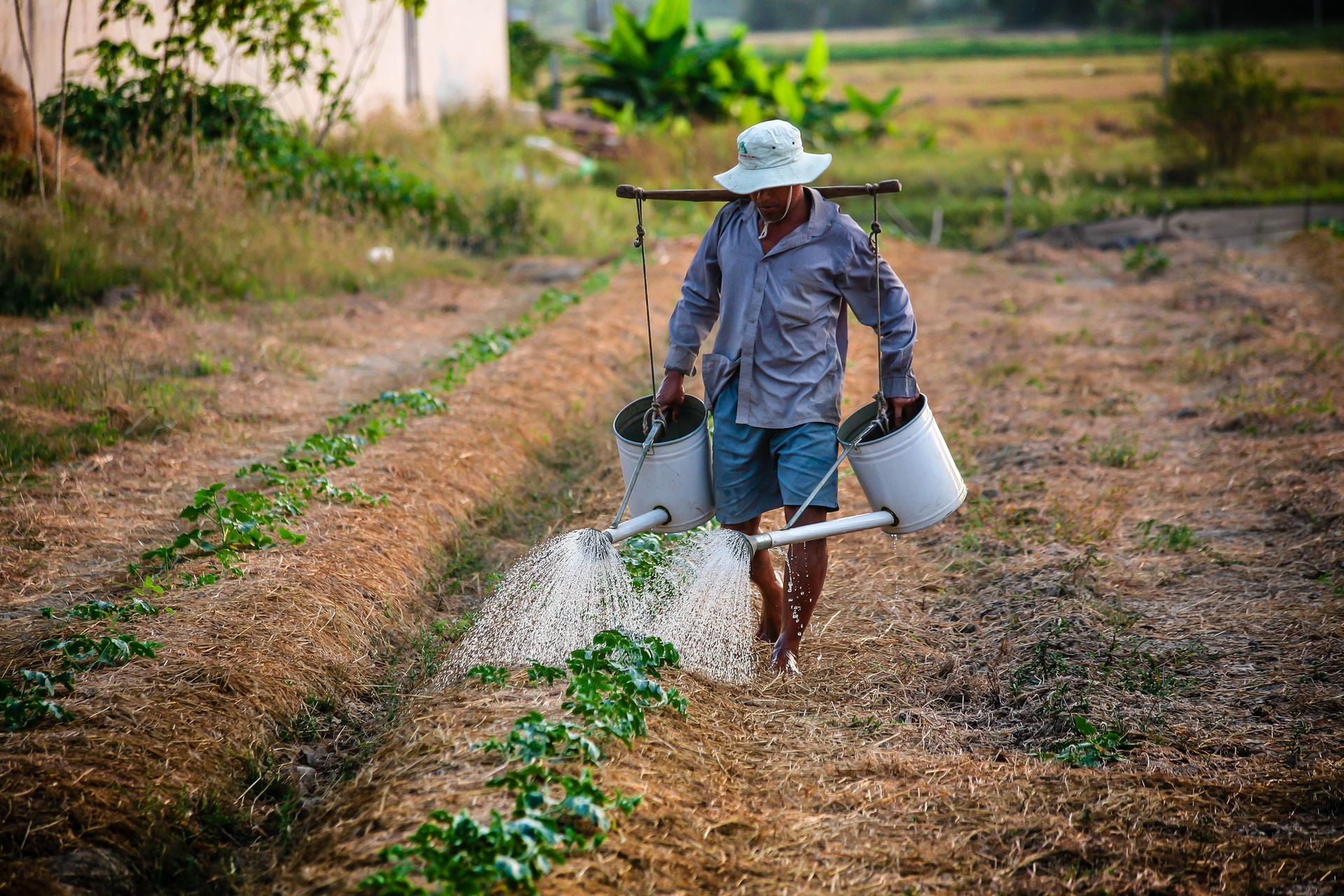
Evidence of indirect land-use change is clear, says report
A report by Germany’s Öko Institut says there is sufficient scientific knowledge for the EU to include the effects of indirect land use change (Iluc) in its sustainability criteria to determine which biofuels will help reduce greenhouse gas emissions. The report was commissioned by the European Parliament’s environment committee, and puts further pressure on the Commission to include ILUC in its assessment of policy options on biofuels due to be published in July.
[mailchimp_signup][/mailchimp_signup]The report was presented to MEPs earlier this month, and criticises December’s decision by the Commission to delay incorporating Iluc until it has more evidence about its effects. Iluc is the syndrome by which growing crops for biofuels triggers displacement of existing food or feed production to nature areas, which in many cases leads to higher emissions from biofuels than from the production of conventional fuels.
The Öko Institut says the only viable option for assessing the environmental performance of biofuels is to have feedstock-specific Iluc factors. This would directly link the production of biofuels to its effect on food production. The report says other options being considered by the Commission would do nothing to assess the full impact of biofuels.
T&E policy officer Nusa Urbancic said: ‘The report is very clear. It critically evaluates all available evidence, and recommends the Commission to focus its work on feedstock-specific Iluc factors, which is the only way to move EU’s biofuels policy in a more sustainable direction. ’
The report can be found at https://tinyurl.com/6hz5zog
